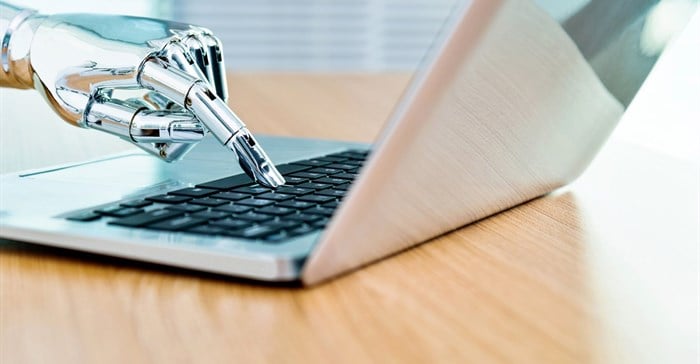Financial services company Deloitte recently published its 2019 Global Human Capital Trends report, looking at how technology will impact international and South African companies. One of the key focus areas of the report is how automation is expected to impact major companies. In South Africa, more than half of respondents (51%) said they are exploring automation and 58% state they are using automation to replace repetitive work.
However, before we succumb to a dystopian view of the future where robots rule the world, let’s have a look at the areas where robots will never be able to outperform humans.
1. A robot can't feel empathy
Imagine you’ve overslept and missed your flight. You were supposed to present at an important conference but the likelihood you’ll make it in time now seems slim. You reach out to your trusted travel agent, but instead of a human consultant, you reach a robot with an automated response.
When dealing with a crisis or stressful situation, humans want to be able to reach out to other humans. While a chatbot or robot may help them rebook, it’s the human-to-human sympathy when the customer calls a representative that will give a brand it’s customer service cred.
Human listening is critical in many ways. A successful attorney once said that the key to a happy client is listening for about 20 minutes. The client wants to be heard. The lawyer may realise that what the client wants is impossible, but arguing about that point too soon results in a frustrated client.
2. Robots can’t think critically or creatively
Research by management consultants McKinsey and Company suggests fewer than 5% of occupations can ever be entirely automated by existing technology. The reason is that most jobs require critical and creative thinking.
Even the most mundane business decisions rely on creativity. A bank president can find a management approach that better engages its workforce. A hotel executive can tweak furnishings to reflect the lifestyles of millennial customers. This is not robot territory.
In the business travel landscape, professional travel consultants add value through their critical and creative thinking when ticketing the most complex routes, or when helping companies achieve vital savings.
A human consultant can help companies understand how staff travel, inform the company strategically how they can manage their travel better, and help them make appropriate changes to achieve a greater return on their corporate travel investment.
3. Robots can’t establish trust or loyalty
According to a new study from software company Calabrio, the vast majority (61%) of consumers say human interaction, not digital, keeps them loyal.
Although digital is paramount in creating a compelling and relevant consumer experience, 74% say they are more loyal to a brand if they can speak to someone local in person. 43% of all respondents in the survey would consider switching to a competitor if speaking to a service rep was not an option.
Symbiosis is the way of the future
Although there will always be intrinsically human qualities that robots simply can’t duplicate, Artificial Intelligence will have the upper hand in other areas. To cite two examples; robots don’t need sleep, nor do they ever get bored with repetitive tasks.
Corporate Traveller, for example, recently launched chatbot Sam:], which enables travel management company's (TMCs) to combine human service with technology and create a more advanced level of customer service while cutting costs.
Achieving business success in the future will depend on a blended approach to technology with the right balance between human and artificial intelligence
The Deloitte report states that it’s time to put the "robot-apocalypse" theme to rest for good. Instead of displacing human workers and redesigning jobs, organisations are "recoding" work and finding that humans and bots are working side by side to improve output and productivity for society and the business.





































